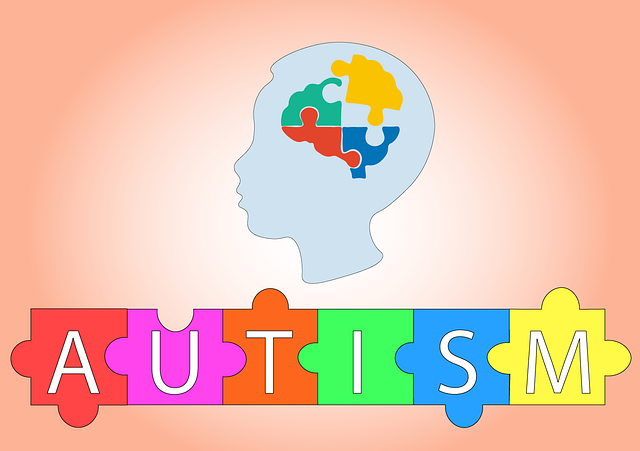Autism Symptoms and Abnormalities, How to Recognize and Handling Autism
Autism is a very diverse neurodevelopmental disorder characterized by three symptoms, including; impaired social interaction, communication, and limited and repetitive behavior, which occurs before the child is three years old.
The symptoms of autism in infants can be recognized as follows:
2. Symptoms in toddlers
Symptoms of autism in toddlers, can be recognized as follows:
3. Older children and adults have difficulty recognizing sad, happy, or angry faces.
1. Communication disorders can occur since the first year of life in the form of late babbling, can not point, do not react when called
2. At the age of 2-3 years, usually children with autism:
Other disorders that can accompany Autism:
Some parents recognize the emergence of symptoms of autism in children aged 18 months, even though the initial symptoms can be recognized at an earlier age, such as:
Steps for parents or family to do:
Disorders of social development:
1. Symptoms in infantsThe symptoms of autism in infants can be recognized as follows:
- Lack of attention to social stimulation, rarely smile and see someone, there is no response when called.
2. Symptoms in toddlers
Symptoms of autism in toddlers, can be recognized as follows:
- Lack of eye contact, no reciprocal communication, communicate using other people's hands (not pointing, but pulling other people's hands)
- At the age of 3-5 years there can be difficulties in playing with peers, approaching people spontaneously, imitating, reacting emotionally, communicating non-verbal in turns with others.
3. Older children and adults have difficulty recognizing sad, happy, or angry faces.
Impaired communication development:
Communication problems in people with autism can be identified by the following behavior:1. Communication disorders can occur since the first year of life in the form of late babbling, can not point, do not react when called
2. At the age of 2-3 years, usually children with autism:
- Rambling
- Cannot use words
- Cannot string words
- Body language does not match the word
- Rarely ask for and talk about experience
- More often imitate without meaning
- Cannot play fake (cooking, playing doll)
Behavioral Disorders:
Behavioral disorders that occur can be in the form of:- Doing repetitive movements not like moving your hands
- Don't want to do different things
- Doing things regularly / rigid against habits
- Limited behavior
- Hurt yourself
Other disorders that can accompany Autism:
- Sensory disorders, for example, do not recognize pain and do not know the danger
- Motion disorders in the form of muscle weakness, poor movement skills, walking on tiptoe, impaired motion harmony
- There is excessive concentration on something, such as happy to see objects spinning, happy to hear the sound of rain
Some parents recognize the emergence of symptoms of autism in children aged 18 months, even though the initial symptoms can be recognized at an earlier age, such as:
- There is no eye contact when breastfeeding
- Cannot ramble at 12 months
- Does not show communication with cues such as pointing, waving at the age of 12 months
- Can not speak a word at the age of 16 months
- Loss of language or interaction skills at each stage of development
Steps for parents or family to do:
- If there is interference mentioned above, check the child for further assessment
- Use handling methods that are appropriate to the child's condition because handling the child will be different according to the conditions
- Ask for help from health workers to determine the right way of handling
- Manage behavior and intelligence at an early age through ongoing special education programs that help autistic children improve self-reliance, social interaction abilities, communication skills, and reduce behavioral disorders.
- Give medication according to doctor's advice
- Do not delay treatment because it will affect further development
You may also like:

0 Response to "Autism Symptoms and Abnormalities, How to Recognize and Handling Autism"
Post a Comment